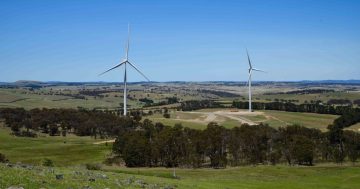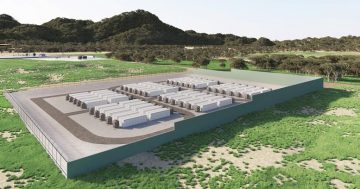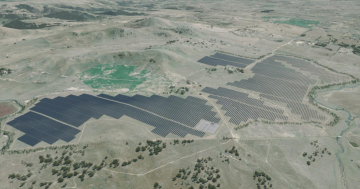Can the people of the ACT reduce their CO2 contributions? Yes, and here’s a plan.
Firstly, what are the sources of CO2? They are:
1. Electricity generated for us, for our goods, for our services, and for our jobs. That’s about 80%.
2. In winter, another chunk comes from our heaters.
3. Then there’s a bit from biology – us, our rubbish dumps, our pets, our compost bins. Plus a bit from our vehicles and gas stoves.
How can we affect this production? Very easily, with the following rules.
- Convert coal-fired power stations to gas, at least, and Thorium at best.
- Choose used goods – NOT NEW. eg a new aluminium boat may weigh 90 kg, and that’s probably responsible for several tonnes of CO2. The USED aluminium boat has paid its carbon tax, and is no longer responsible for any CO2.
And with these two simple rules, you will also save a lot of money, because price is proportional to CO2 production.
We in the ACT rely on the NSW power grid, with its coal-fired power stations. They are responsible for about 80% of our greenhouse gas production. (Coal companies claim 38%, and they are often 100% wrong…. so 80%!) We need to cut ourselves off the grid, so that we’re not responsible for that CO2.
We could change to gas-fired power stations – that would halve the CO2. However, even though the technology and the chemistry is the same as our own domestic gas stoves, and there’s no health threat from a gas stove, there are spoilers who will prevent their construction. People who would rather continue poisoning many other people, in the mistaken belief that they are not poisoning themselves.
Assuming the selfish anti-gas fired power station people win, I insist we cut our connections to the national grid. This will force each household to seek its own energy. We will innovate.
I will install a windmill. It will be about 50 metres high, with 25 metre radius blades. I think I can tune it to generate enough electricity for me. I’ll also need a much bigger water tank, a significant header tank for water pressure, and several solar collectors for hot water.
Canberra will be a different place, and the technologists will survive.





















